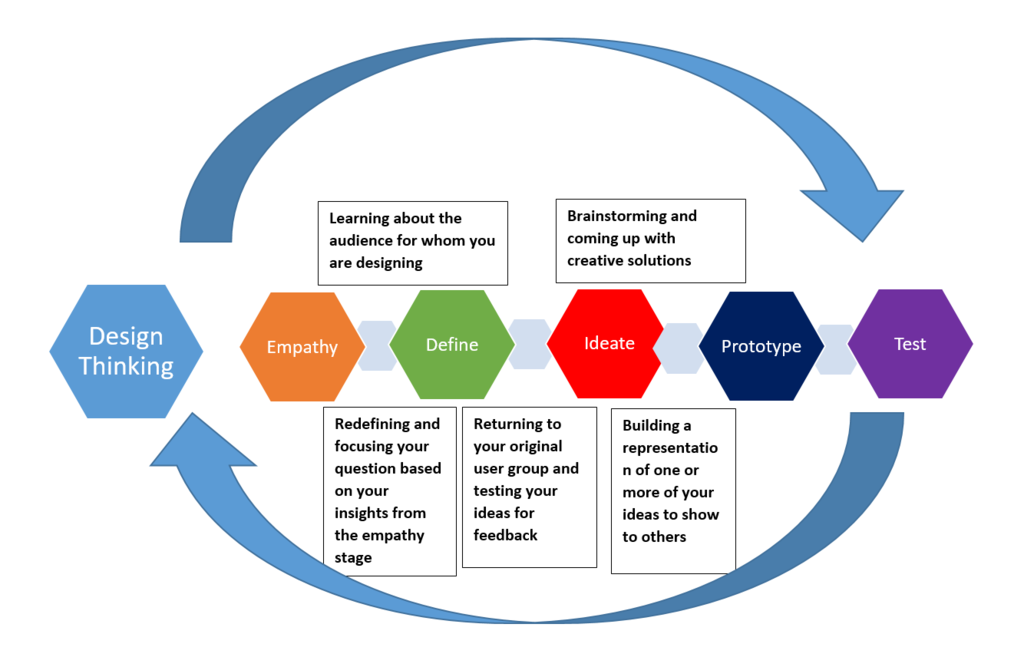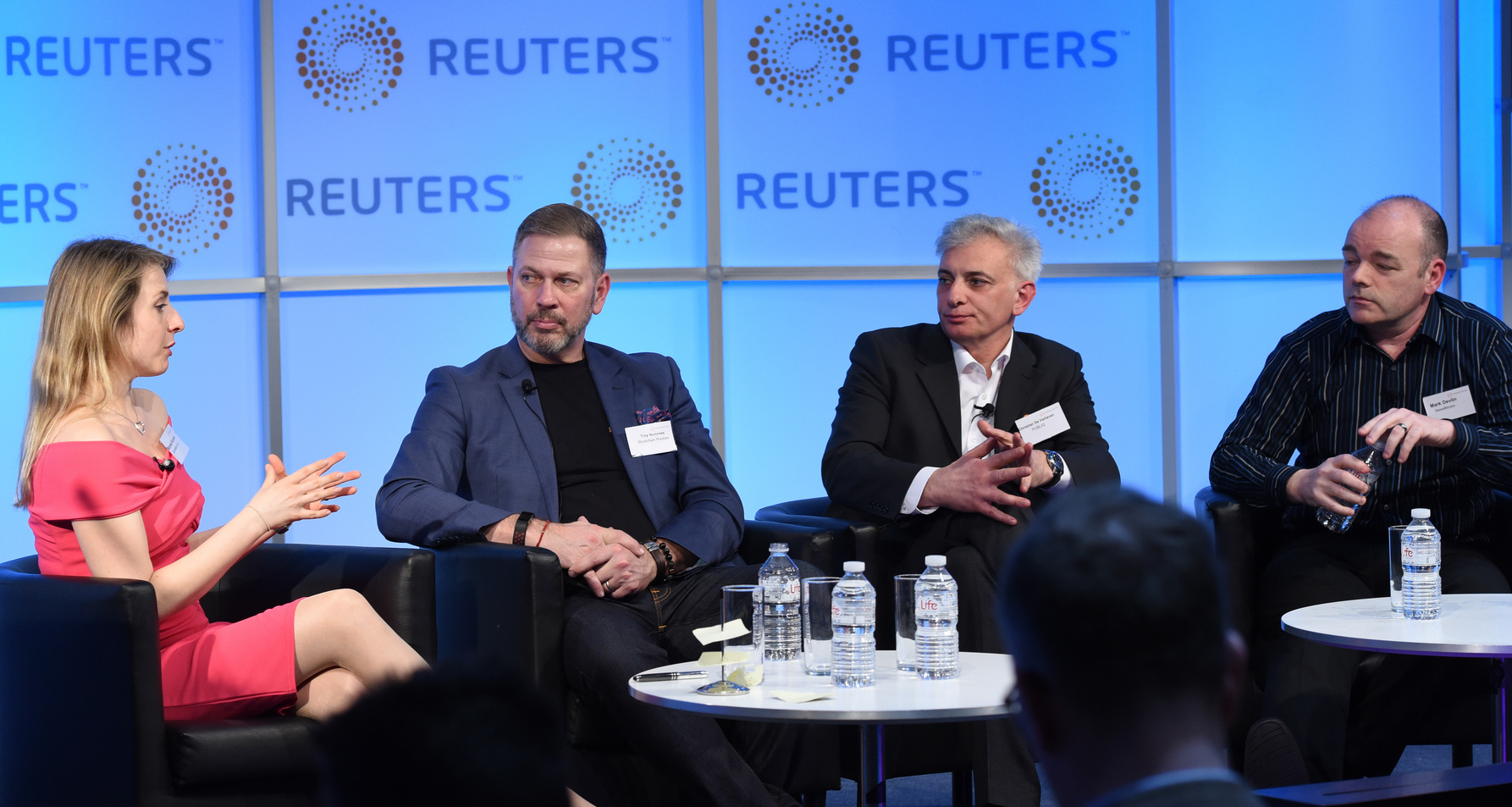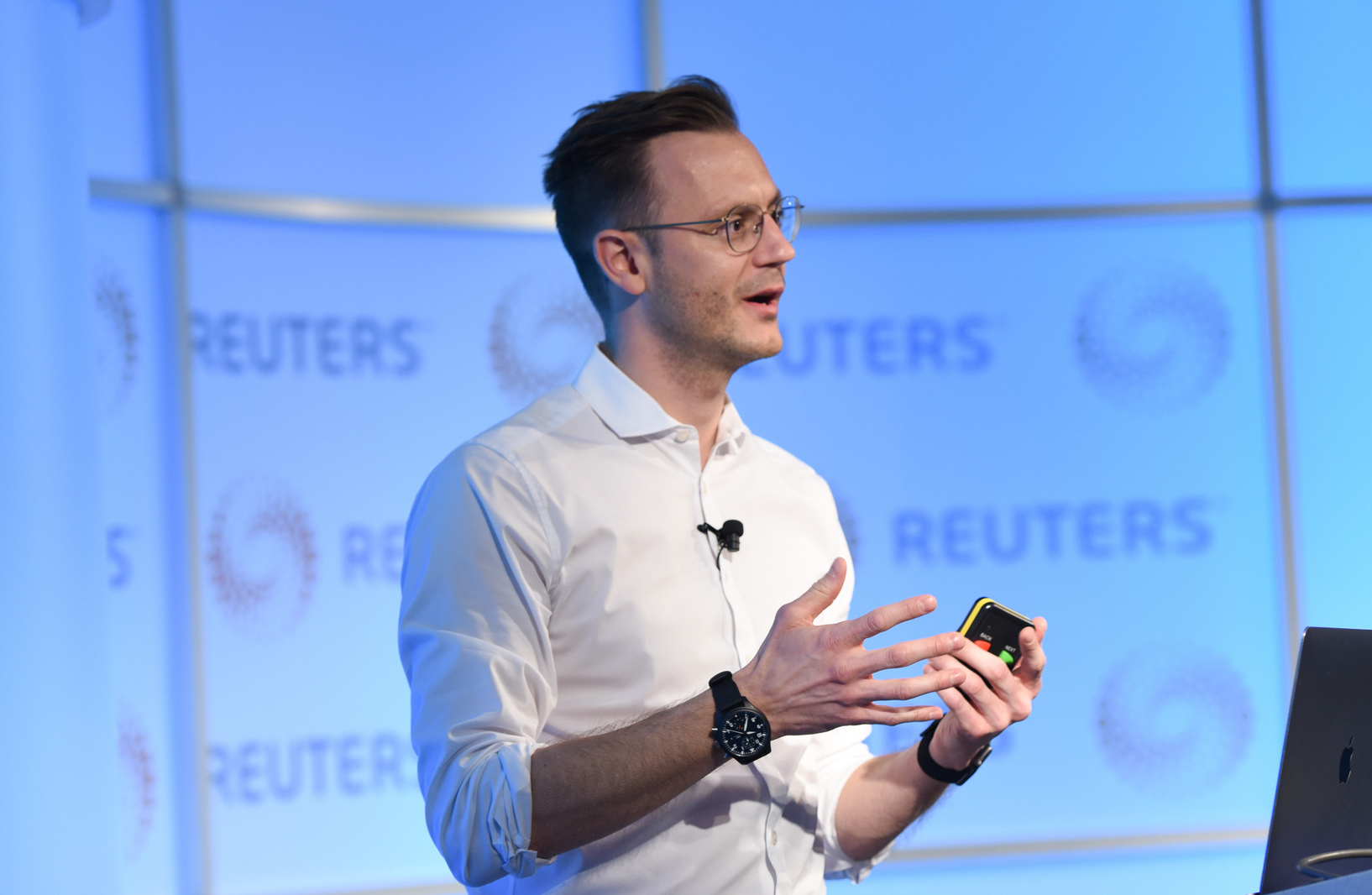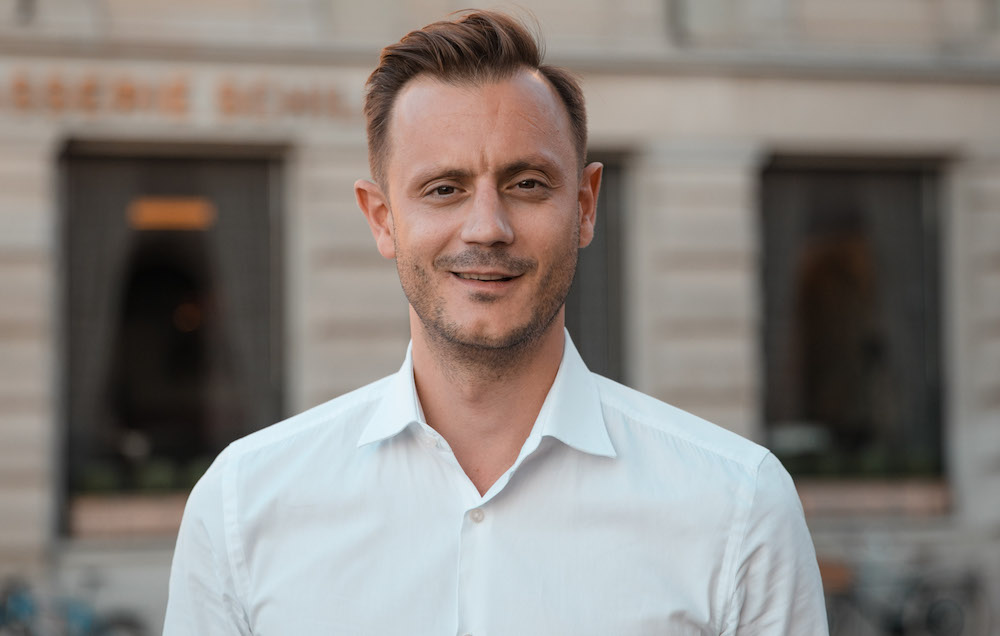The way we frame the problem has a lot to do with the solutions we end up with.
As journalists, we are hard-wired to tackle difficulties head-on, asking direct questions, and looking for verifiable evidence to support the predictable outcome.
innovation

The way we frame the problem has a lot to do with the solutions we end up with.
As journalists, we are hard-wired to tackle difficulties head-on, asking direct questions, and looking for verifiable evidence to support the predictable outcome.

We are very pleased to announce that Justin Ferrell, the founder of the professional fellowship program at the Institute of Design at Stanford University (the d.school), will be the keynote speaker at the upcoming Newsrewired conference on 29 June 2020.

With the start of social distancing policies as a response to the covid-19 crisis, newsrooms have quickly had to reconfigure as distributed, digital spaces. We are going to be working within distributed frameworks for a significant amount of time, far beyond the immediate crisis and disruption the start of this outbreak has caused.

The upcoming Newsrewired conference, taking place on 4 June at MediaCityUK, will feature a workshop where delegates will learn how to start implementing artificial intelligence (AI) in their everyday journalistic work.
The session will be led by Charlie Beckett, a professor in the Department of Media and Communications and founding director of Polis, the London School of Economics’ international journalism think-tank.

As we are entering a new decade, we will explore what skills journalists need to develop to succeed in their careers and help their newsrooms thrive.

The next Newsrewired digital journalism conference will take place on 27 November 2019 at Reuters in Canary Wharf, London.
One of the key sessions of the day will be a discussion around diversity in the newsroom.

Many journalists and publishers are struggling to get to grips with blockchain.
To explain it in simple terms, blockchain is a growing list of records – called blocks – which are encrypted and linked. Each block also contains a timestamp and other information about the origin of data. By design, a blockchain is resistant to modification of the data it contains, which may come in handy when we need to protect news content from tampering or even censorship.

Rouven Leuener is group head of digital product at Neue Zürcher Zeitung, one of the oldest German-language newspapers in Switzerland. He took the lead on digital innovation five years ago and shared his experience of experimenting with dynamic ‘paygates.’

Rouven Leuener is group head of digital product at Neue Zürcher Zeitung (NZZ), one of the oldest Swiss, German-language newspapers. He took the lead on digital innovation five years ago and, during this time, he launched a number of digital products, such as a text-to-speech audio player feature that converts written articles into audio, to widen audience reach.

Blockchain is not just about cryptocurrencies like Bitcoin; this technology has started to move into all kinds of sectors, from real estate to healthcare – and now journalism.
While the journalism community is slowly starting to take note of blockchain, many still use it as a bit of a buzzword without knowing 100 per cent sure what it actually means.
